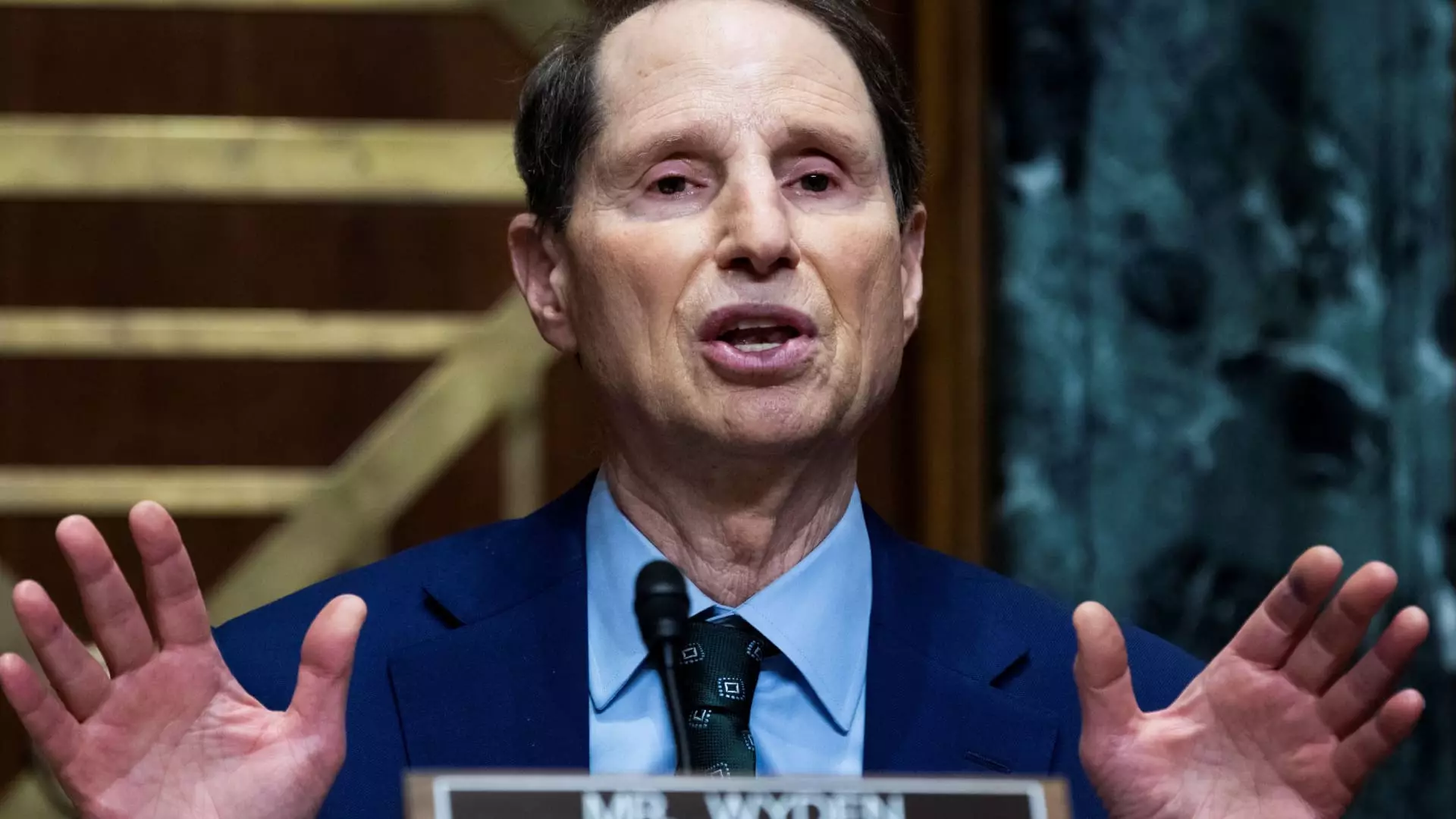As the clock ticks down to 2025, policymakers are confronting a pivotal juncture in American tax legislation. The expiration of numerous tax provisions, enacted under the Tax Cuts and Jobs Act (TCJA) of 2017, has sparked intense discussions regarding fiscal priorities. With billions of dollars in tax breaks at stake, the implications of these changes extend far beyond the Treasury, potentially affecting millions of families and small businesses across the country.
Former President Donald Trump’s TCJA introduced sweeping changes to the tax landscape, including a permanent reduction of the corporate tax rate to 21%. However, many of its provisions are temporary, set to sunset unless Congress intervenes. Among those expiring components are reduced federal income tax brackets, larger standard deductions, enhanced child tax credits, and higher exemptions for gifts and estates. The outcome of this policy debate could alter the daily financial lives of citizens and the broader economic framework.
Senate Finance Committee Chairman Ron Wyden’s assertion that “this will be a make-or-break moment for the federal budget and for America’s middle class” underscores the principle that the stakes have never been higher. As Congress gets ready for these critical negotiations, the uncertainty surrounding which provisions might be extended presents a significant concern for taxpayers.
According to estimates by the Tax Foundation, potentially over 60% of tax filers may face higher taxes if the TCJA’s temporary provisions dissolve post-2025. This prospect raises apprehension among many stakeholders, notably small businesses relying on tax breaks to remain viable. Among the most crucial provisions is the Qualified Business Income (QBI) deduction, which affords eligible businesses up to a 20% deduction. This provision, applicable to various business structures, including sole proprietorships and S-corporations, has been pivotal in sustaining small business activity, especially during the hardships of recent years.
Jeff Brabant, representing the National Federation of Independent Business, highlighted the necessity of making the QBI deduction permanent, pointing out its significance in aiding small businesses through unprecedented challenges, including the COVID-19 pandemic. A sudden loss of this benefit could destabilize countless small enterprises already grappling with inflationary pressures and labor shortages.
Equally crucial in the current discourse is the conversation surrounding the child tax credit. The American Rescue Plan of 2021 temporarily increased this credit, leading to a dramatic drop in child poverty rates. Yet with the expiration of these enhancements looming, experts like Indivar Dutta-Gupta call attention to the need for extending and possibly expanding the child tax credit. The stark reality is that the decline in government support has led to a resurgence in childhood poverty, which contributed to an increase from 5.2% in 2021 to 13.7% in 2023, according to U.S. Census Bureau data.
The significance of this credit cannot be overstated, as it directly affects the income and quality of life for working families. Its expiration could mean not only financial hardship for millions but also long-term societal consequences, like increased child poverty rates.
While the urgency of extending such valuable tax provisions is evident, lawmakers encounter a formidable obstacle in the growing federal budget deficit. With the national debt surpassing $35 trillion and the Department of Treasury citing over $1 trillion spent on interest in the current fiscal year, fiscal responsibility becomes a pivotal part of the discussions. The question remains: how do lawmakers balance the urgent need for tax relief with the demands of deficit reduction?
Kent Smetters encapsulates this tension with his metaphor of “the house burning down,” implying that while tax discussions are critical, they might distract from the fundamental issues regarding national financial stability. Policymakers must navigate this delicate equilibrium to ensure that any enacted tax policies do not exacerbate the federal deficit while simultaneously addressing the tangible needs of American families and small businesses.
As 2025 approaches, the fate of numerous tax provisions remains uncertain. The negotiations ahead will require careful consideration of the short-term benefits of extending tax cuts against the long-term implications for the federal budget. In the face of this complexity, it is crucial for lawmakers to prioritize actionable solutions that will support small businesses and middle-class families while safeguarding the nation’s financial integrity. The decisions made in the coming months could reverberate through the economy for years to come, making the present moment one of critical importance in shaping America’s financial future.

Leave a Reply